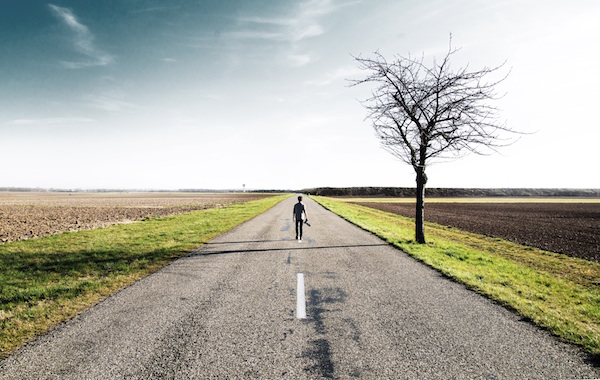When I was in sixth grade, a teacher told me, “If you’re interested in everything, you won’t be good at anything.” I think that’s some of the worst advice I’ve ever heard.
You may think you’re a complete mess because you don’t have a set path, dream job, or five-year plan (or you lost the notebook you wrote it in). But by questioning, searching, trying, and failing you’re better off than the 6 billion people in the world who don’t like what they do. Yes, you read that right, just 13% of the world’s population even “likes” doing what they’re doing. (And, if you’re a closet-questioner – meaning your polished LinkedIn profile and Facebook posts about you loving your job don’t align with your inner urge to throw your laptop out of the office window and run – welcome to the club).
Just as certain people were meant to be doctors and lawyers, I believe certain people were meant to be something not defined yet in course catalogs, graduate school degrees, and LinkedIn job postings. You are the people that will create new industries, design new jobs, and change the way we do “work.” Which, if only 1/7 of the world actually likes what they do, is in desperate need of reform.
And as long as you’re being productive, taking care of responsibilities, and doing good, you’re far better off searching, trying, and failing. As the old saying goes, “…the journey to success is dotted with many tempting parking spaces.” Remember, there is value in all experience. You are figuring it out and not settling. And that’s okay.
And you may be building the very skills the workforce desperately needs by doing so.
The Benefits of Not Knowing
There are incredible benefits to not settling or trying to fit into a system never designed for you.
In a recent workshop I facilitated with leading employers in seven different industries, including Fortune 500 companies, on what competencies they would look for in future leaders, these were the three most important leadership competencies that were unanimously agreed upon:
1. Emotional intelligence/self-awareness
2. Resilience
3. Flexibility
Note that “knew that they wanted to work in the field since they were 10” is not on the list. Nor is any mention of specific skill, expertise, or prescribed 7-step plan for workplace readiness.
What builds self-awareness? Consistent self-reflection.
Resilience? Trial and error.
Flexibility? Knowing how to be comfortable through uncertainty.
It is impossible to learn these things by always being on a nice, comfortable, and clear path. Nor is that the nature of business…or life for that matter.
So as you are searching, trying, and failing take some time to thank yourself. You’re building an essential skill-set.
